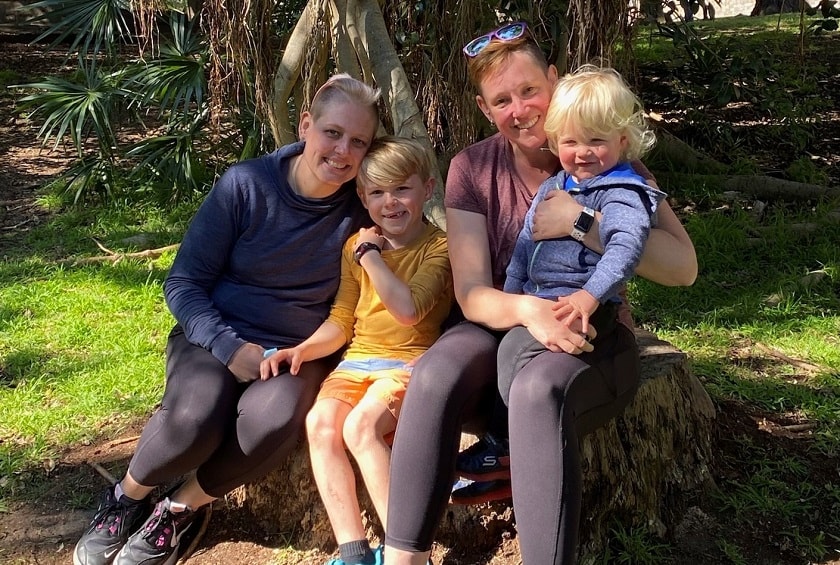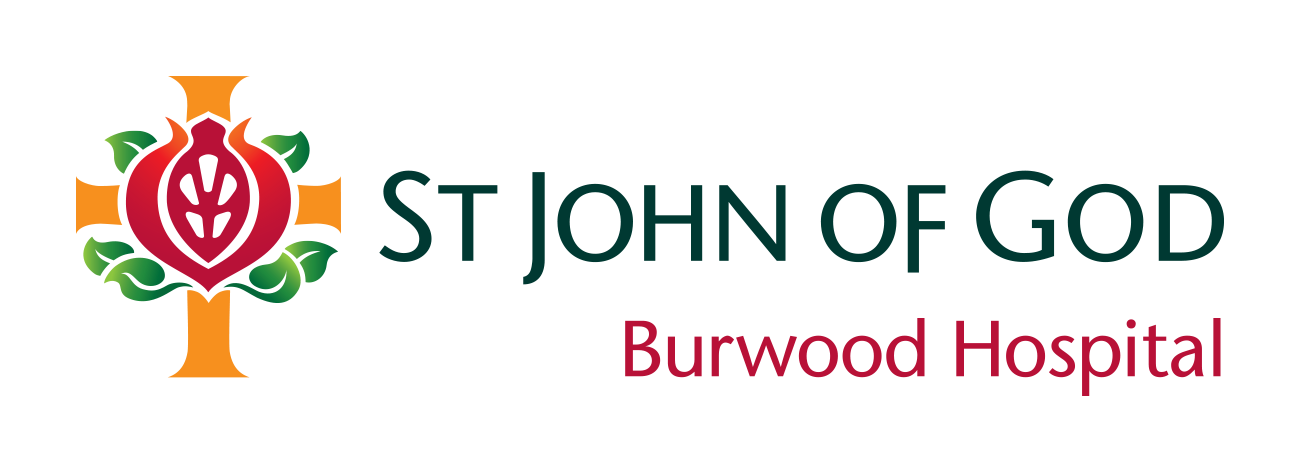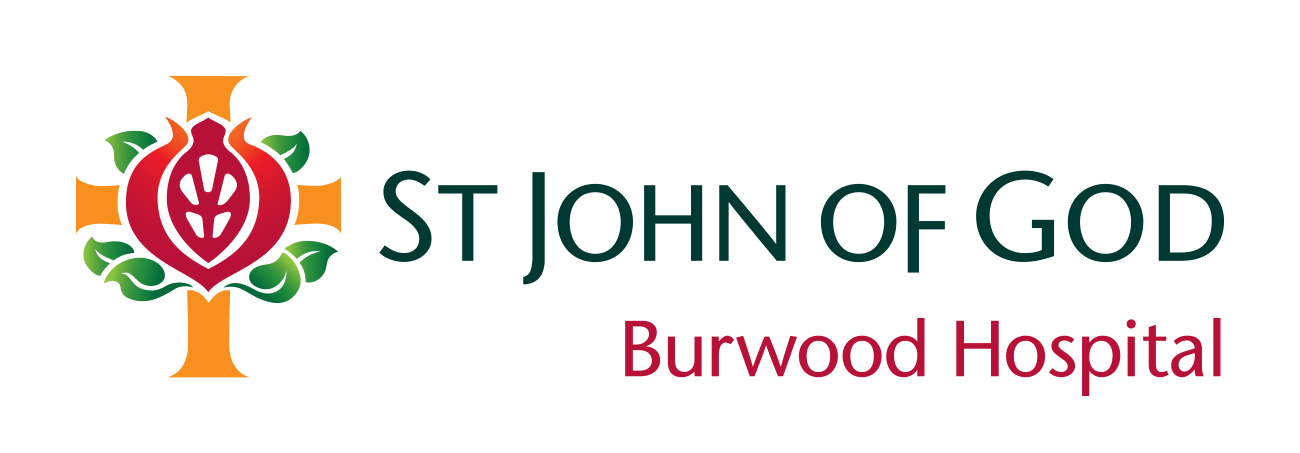The perfect storm that led to post-partum psychosis
9 Nov 2021

There were wild bushfires causing heavy smoke choking Sydney, and an unknown virus (which soon came to be known as COVID-19) starting to spread across the world causing angst and worry in the community.
While Gen felt some natural anxiety about these issues, she had no other concerns about her smooth pregnancy.
After giving birth, that all changed.
She soon developed mastitis, and despite going on IV antibiotics for 48 hours, and continuing oral antibiotics for several days, the infection became out of control to the point that she was diagnosed with sepsis about six days after giving birth.
“That was when the psychosis started to take hold,” she said.
“My mum took me to the emergency department and I was then transferred to the maternity ward and put in an isolation room where I thought I was being monitored by the authorities 24/7, and that scientists had wired me up to control my body.”
“Soon afterwards, my delusions shifted. I didn’t see my son as a baby but a robot, so was wondering why I needed to change his nappy or feed him when he was with me.”
“I never had any thoughts about hurting myself or him but I wasn’t coping. I was confused and my mind was racing.”
Gen’s partner, who is a mental health nurse, asked for a psychiatric review and that is when they diagnosed her with postnatal psychosis.
Postnatal psychosis affects one to two women in every 1000 after childbirth. Signs and symptoms can vary and can include confusion, disorientation, mania, poor concentration, anxiety, agitation, variable mood, hallucinations and delusions.
Women experiencing psychosis need help as quickly as possible.
Once she had physically recovered, Gen was able to be transferred to an acute public mental health unit but was still apart from her son.
After about two weeks at the public mental health inpatient unit, she was transferred to St John of God Burwood Hospital’s Mother and Baby Unit, which at that time was the only specialist inpatient unit of its kind in NSW.
It was there she was able to connect with her son by having him stay with her in hospital and receive continued support by the nursing staff to ensure care for her baby was safely met. This was important because of some of the side effects of her antipsychotic medication.
“I got on really well with the nurses. I felt like it was a coaching experience, helping me put in place routines so that I could cope when I got home,” Gen said.
“I needed that confidence booster after the experience I had gone through.”
Gen says while she always felt a strong bond with her son, not being able to spend as much time with him in the early weeks has had an effect.
“Looking back I feel sad that I missed out on time with my son in those early days,” she said.
“I had never experienced a mental health issue before. It is really quite scary to think about how quickly your mental health can deteriorate and what impacts it can have.”
Gen said she wanted more people to be aware of postnatal psychosis, in particular the partners and families of pregnant women, so that they could identify the warning signs.
“It is so important for partners and close loved ones to be aware of the signs because for the person experiencing the delusions and paranoia, it is their reality. They will not know they are in it. ” she said.
“They need to know to speak up early and that help is available.”

